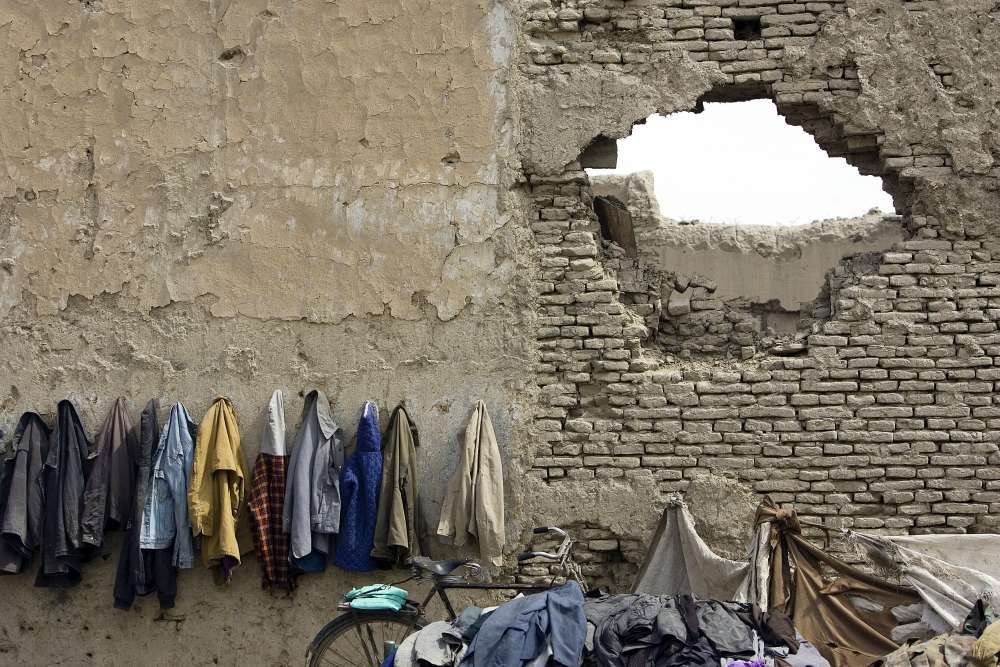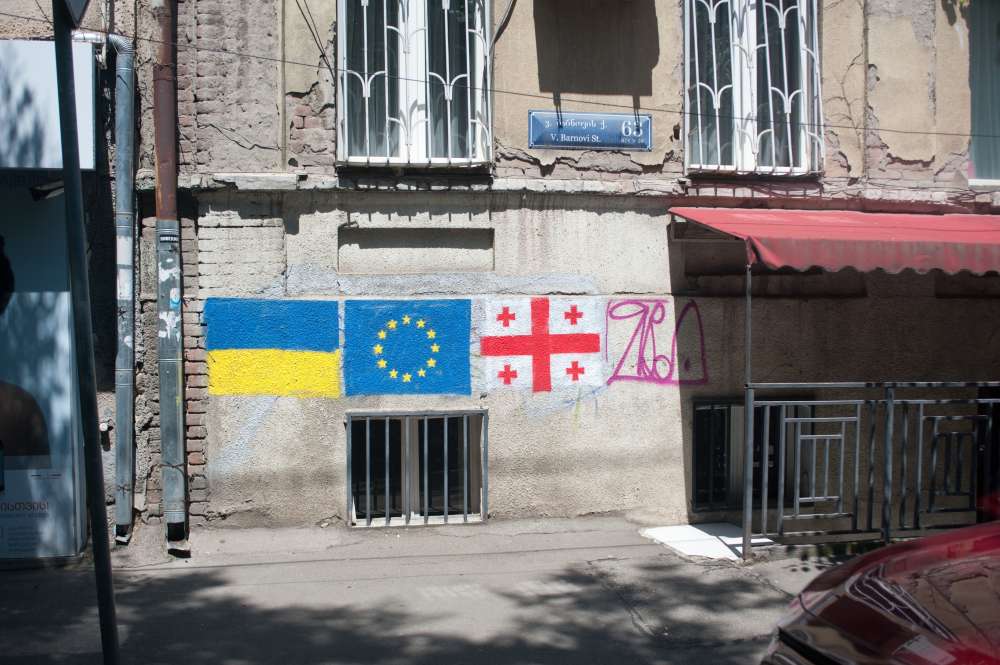Illiberal Peacebuilding in Angola
Introduction
When thinking about post-conflict reconstruction, policy makers and academics have focused on international intervention to a remarkable degree. Roland Paris (2010: 360)* even states that “there seems to be no viable alternative to some version of liberal peacebuilding.” There is obviously no shortage of such instances. Since the end of the Cold War, the United Nations Security Council (UNSC) has authorised numerous peacekeeping missions, 19 of them in sub-Saharan Africa (Englebert & Tull 2008), whose responsibilities sometimes grew to include the reconstruction of states and the creation of conditions for sustainable peace. But there is a widespread alternative, demonstrated by the Angolan case study presented below, as well as other contemporary experiences ranging from Lebanon and Sri Lanka to Rwanda and Eritrea, which can be termed “illiberal peacebuilding.” This is a process of post-war reconstruction managed by local elites in defiance of liberal peace precepts regarding civil liberties, the rule of law, the expansion of economic freedoms and poverty alleviation, with a view to constructing a hegemonic order and an elite stranglehold over the political economy.
Angola is a clear instance of illiberal peacebuilding. After 41 years of war that killed an estimated 1 million people until 2002, Angola should have been a prime candidate for a large-scale international reconstruction effort. Yet reconstruction has been masterminded by the Angolan elite in a manner that disregards many of the precepts of liberal peacebuilding. Its governing party, the Movimento Popular para a Libertação de Angola (MPLA), won a convincing military victory and firmly consolidated a party-state domination that should sustain it in power for a long time. There was no messy compromise with its hitherto enemy the União Nacional para a Independência Total de Angola (UNITA), now an emasculated presence in the MPLAcontrolled political game. The Angolan president, in power since 1979, is a deft political operator and his policy priorities are unchallenged. Angola is currently sub-Saharan Africa’s third largest economy and leading oil producer, with daily production in 2008 just shy of 2 million barrels that increased 100% in the five years after the end of the conflict, and its government is cash-rich to an astonishing extent. Oil income increased 300% in the same period. The UN presence in the country, substantial though politically inept in the 1990s, lacked influence in the following decade. While one can question the priorities and political values of Angola’s governing elite, there is little doubt that they hold a vision for the country and are keen to implement it.
The primary aim of this article is to explore Angola’s experience of reconstruction from 2002 to 2008. Through the prism of this underresearched case, it poses more general questions about contemporary reconstruction processes taking place outside the ambit of the liberal peace and the multiple foreign interveners and aid agencies. It proceeds as follows. The first section focuses on the developmental vision and policy priorities of the Angolan government, drawing attention to its newfangled statist activism that is in stark contrast with the “nongovernmental” outlook of the 1990s (Ferguson 2006: 39). It discusses the elite’s goal of partly restructuring the political economy in a manner that perpetuates their grip and indeed increases the flow of resources to politically connected insiders.
The second section examines the government’s foreign relations during the reconstruction period, with emphasis on its strategy of co-opting international critics and building relationships that maximise internal autonomy. This process has been remarkably successful. Angola’s status has shifted from international misfit to well-networked and rarely criticised state. I then turn to the prominent role accorded to outsiders in the reconstruction of Angola and the terms under which their involvement takes place. Angola’s oil wealth allows it to import tens of thousands of foreign workers, mostly from East Asia and the West, making Angola’s reconstruction as much of an international alphabet soup as any other such effort. The pivotal difference is that this is mainly a private-sector rather than an IO or NGO affair, and that foreign involvement occurs within a political field defined and clearly circumscribed by the Angolan government.
The final section teases out a number of Angolan lessons for broader discussions of illiberal peacebuilding, including recurrent traits useful for a comparative study of the subject. Processes of “autonomous recovery” have received far less scholarly attention than their international counterparts (for exceptions, see Mac Ginty 2008; Weinstein 2005). What has been written often has a celebratory quality to it, with “indigenous statemaking” positively compared with intrusive, and blundering, foreign attempts to create a liberal order. International efforts have even been accused of stifling the rise of indigenous state-builders” (Englebert & Tull 2008: 136). Many “analysts view the creation of a durable political order as paramount, and perceive a local project as more credible than an international short-term commitment obsessed with exit strategies. But they are seldom explicit about the normative content, or developmental impact, of such domestic political projects. Stability and local ownership mostly come with a hefty price tag in terms of liberal ideals. Much that is progressive from a liberal perspective is excised from domestic state-building by empowered political actors. While accepting that domestically led illiberal reconstruction is, on its own terms, sustainable in a way that externally led liberal peacebuilding is not, this article is pessimistic about the extent to which it can deliver “decent societies” (Margalit 1998) to wartorn countries.
To read the article, please download the full publication ↓ .







